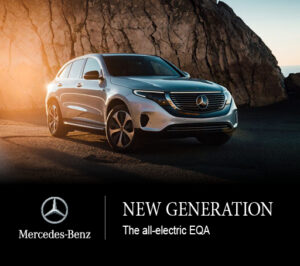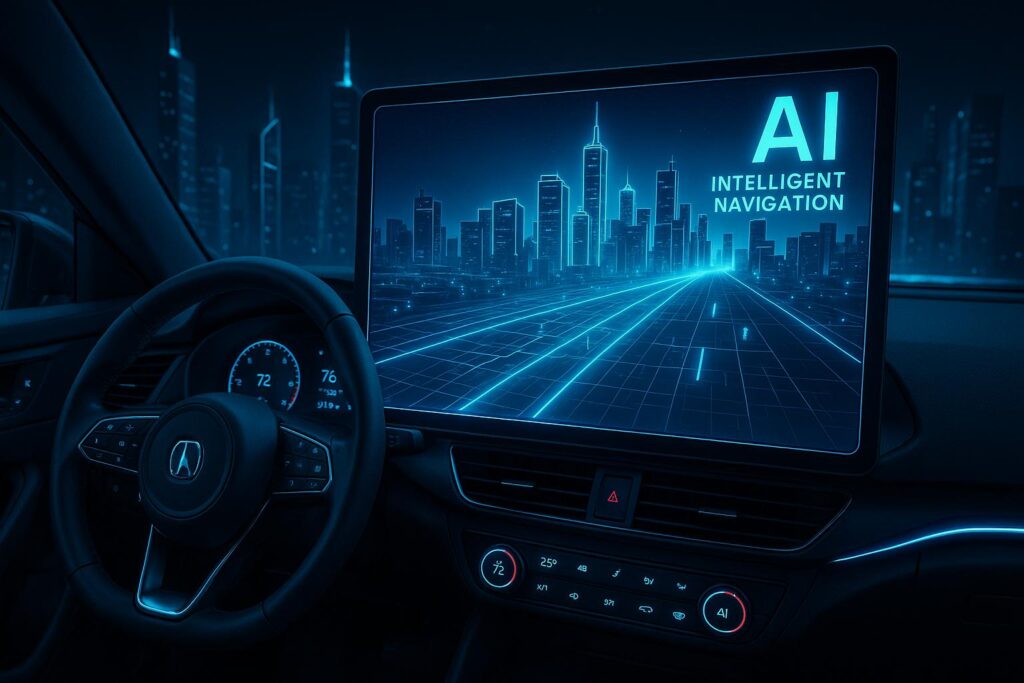Listen to the article
Volkswagen Middle East has enhanced its lead generation strategy through seamless online and offline data integration, resulting in higher quality leads, cost reductions, and innovative AI-powered customer support, signalling a new era of efficiency and engagement in automotive marketing.
Volkswagen Middle East has successfully enhanced its lead generation strategy by integrating online and offline customer data, resulting in improved lead quality and reduced marketing costs. The initiative began with Volkswagen’s Dubai dealer, Al Nabooda Automobiles, serving as a pilot partner. According to Virginie Ludmer, Volkswagen’s director of marketing and PR, the dealership’s readiness to adopt a new customer relationship management (CRM) system, complete with accurate daily data updates, was pivotal. This commitment was crucial in validating a scalable model for other dealers and markets.
To underpin this strategic shift, digital analytics consultancy Trkkn built a sophisticated data infrastructure using Google Cloud. This infrastructure established a secure data pipeline to capture both online and offline leads, including showroom visits and test drives, integrating these events into Google Analytics. The enhanced data flow allowed Volkswagen to gain a comprehensive view of customer interactions, moving beyond just online form submissions. Media agency PHD then assigned specific values to these interactions in Search Ads 360, prioritizing high-value actions such as qualified leads and test drives over less engaged forms.
This data-driven approach enabled Volkswagen to upgrade its Search campaigns utilizing AI-powered tools combining broad match keyword targeting with value-based bidding. This technique broadened the range of relevant search queries while dynamically allocating bids toward searches most likely to generate high-value outcomes. Ludmer explains that by focusing on leads with genuine purchase intent, Volkswagen avoided wasting budget on low-interest prospects, effectively driving higher conversion rates down the funnel. The internal sales team also benefited, concentrating efforts on leads with greater conversion potential, which enhanced key performance metrics.
The results have been substantial: Volkswagen reported a 19% lift in lead qualification, an 18% reduction in cost per test drive, and a 28% decrease in cost per qualified lead. This integration of online and offline data to optimise bidding and lead prioritisation evidently made the marketing spend more efficient and effective.
Supporting these outcomes, Trkkn’s insights confirm a 28% reduction in cost per quality lead alongside an 18% drop in cost per test drive through this unified data approach. This success story underscores the power of linking CRM data directly with digital campaign metrics to better target and value consumer actions.
Parallel to these marketing advancements, Volkswagen has made strides in enhancing the customer experience post-sale. Volkswagen of America recently partnered with Google Cloud to integrate generative AI into the myVW mobile app. This AI-powered Virtual Assistant leverages Google’s machine learning capabilities to offer vehicle owners real-time, tailored information and support, such as explaining dashboard alerts or providing guidance on maintenance tasks. The assistant, available now for 2024 Atlas and Atlas Cross Sport models with planned expansion to earlier models in 2025, represents a notable example of AI’s growing role in automotive customer service.
Furthermore, in a broader push to capture market share through AI-driven marketing, certain Volkswagen dealerships have employed Google’s AI tools to personalise outreach and optimise ad spend across channels. One case study reports a 57% rise in leads and a 36% increase in store visits quarter-over-quarter, alongside a 40% reduction in cost per lead, illustrating the broad applicability and success of AI-enhanced marketing efforts within the Volkswagen network.
Together, these advances in data integration, AI-powered marketing, and customer-facing tools highlight Volkswagen’s strategic commitment to leveraging technology for both lead generation and after-sales engagement. Their approach demonstrates how harmonising online and offline data, combined with AI optimisation, can drive efficiency and quality in automotive marketing and service.
📌 Reference Map:
Source: Fuse Wire Services


